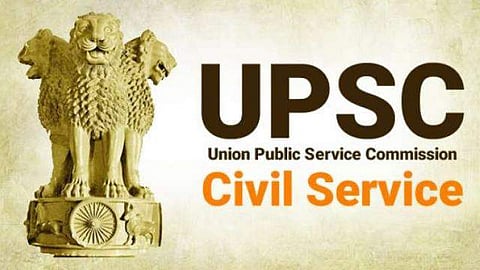

On an average, 900,000 to 1,000,000 candidates apply every year to take the civil services exam and the number of candidates appearing to sit in the preliminary examination is on an average only half which is approximately 500,000. The Union Public Service Commission (UPSC) has proposed to the Modi government recently that this should be treated as one of the handful of attempts candidates are allowed and that it stretches the commission's resources.
According to The Print's report, if such a rule comes into place, the commission believes, will ease the strain on it as an average of 10 lakh candidates apply but only about half of them actually appear for the exam. The preliminary exam and the interview together make up the complete civil services exam through which the UPSC selects officers for the IAS, IPS, IFS and other services. "The UPSC prepares for all the applications that are received in terms of the number of papers printed and centres roped in, among others. But a large number of people don’t show up," a Government source who is familiar with the proposal told the media organisation.
Currently, the number of attempts for IAS exam for general category candidates is set at six till 32 years of age. While for those in the OBC category is nine till 35 years of age and for the SC/ST category is unlimited attempts till 37 years of age. At present, the attempts, however, are counted only when a candidate appears for the preliminary examination. While the government is yet to respond to the UPSC proposal, the rule if implemented, will only impact non-serious candidates, the source said.
While the commission's concerns stem out of genuine logistical issues, any decision taken in this regard will likely have political ramifications for the government. The government has been facing stiff protests from civil service aspirants who are demanding compensatory attempts after they were affected due to the introduction of Civil Services Aptitude Test (CSAT) in the UPSC prelims examination in 2011. According to several experts and UPSC aspirants, the CSAT was introduced to favour students from English medium and engineering background.
A committee which was appointed to examine the changes in the examination pattern in 2011, called the Nigvekar committee mentioned in their report that "After the implementation of CSAT in UPSC prelims, selection of students from regional languages and from humanities background has declined. In 2009, 42.2 per cent of the total qualifying candidates were from Hindi medium background which was reduced to 15 per cent in 2011," the report had said.
